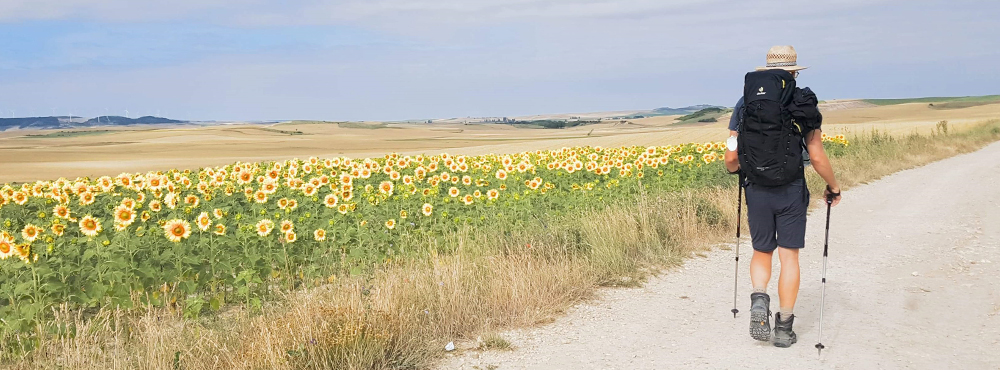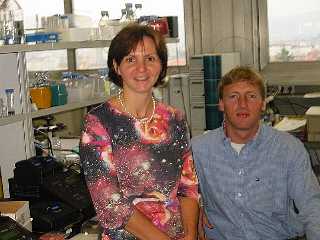Hereditary spastic paraparesis with amyotrophy of the hands (Silver syndrome): Cellular expression analysis of the mutated Silver gene
Applicants: Team in Graz: Institute of Medical Biology an Human Genetics : Christian Windpassinger und Dr. Michaela Auer- Grumbach
Silver syndrome (SS) is an autosomal dominant inherited variant of hereditary spastic paraparesis (HSP) with reduced penetrance and broad phenotypic variation. It is characterized by prominent weakness and wasting of the small hand and sometimes foot muscles as well as foot deformity in addition to spasticity of the lower limbs and gait disturbance.
We ascertained 13 branches of a large Austrian family of 12 generations, in which > 70 affected individuals showed mild to moderate spasticity of the lower limbs, foot deformity and / or mild to severe amyotrophy predominantly of the small hand muscles but normal sensation.
Genetic studies demonstrated significant linkage to chromosome 11q12-q14. This gene locus overlaps with the locus recently described in an English family with Silver syndrome. The critical region on the long arm of chromosome 11 was considerably reduced by haplotype analysis of our large family. In a previous research project we excluded 8 functional and positional candidate genes by DNA-sequencing. In one gene a missense mutation segregating in all branches of the family was identified. Subsequently, we tested 4 other families with SS originating from Belgium, Italy and England and found the same mutation in 3 unrelated families and a novel missense mutation in the fourth family. Both mutations are located in a region for which a chemical modification has been predicted by computer programs.
The main goal of this research project is to study the function of the Silver gene product using cell biology and molecular biology techniques.
In addition, we will recruit further families with SS to estimate the frequency of this disorder in Austria. Phenotype-genotype studies will be carried out to demonstrate the phenotypic variation of SS.





